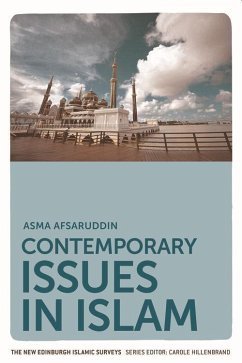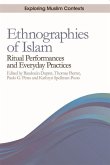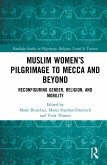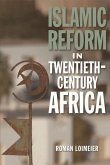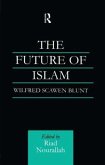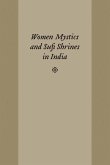'This long after 9/11, Western public discourse about Islam appears to be getting (if possible) even less subtle and nuanced than ever before. Complex questions about context, power and history are increasingly shunned in favour of simpler and simpler questions about Islam's timeless essence. Asma Afsaruddin reminds us in this learned and timely book that only a longer historical view allows us to better understand the complexities of the public expression of Islam in modern conditions that have been both imposed on Muslims from without and developed by them from within.' Andrew March, Yale University Discusses key issues in Islam today including Sharia, jihad, politics, gender and interfaith relations Key 'hot-button' contemporary issues in Islam, often at the centre of public scrutiny, are the focus of this book. By placing the discussion of topics such as the Sharia, jihad, the caliphate, women's status and interfaith relations within a longer historical framework, Contemporary Issues in Islam reveals their multiple interpretations and contested applications over time. Most public - and occasionally academic - discourses in the West present the Islamic tradition as unchanging and therefore unable to respond to the modern world. Such an ahistorical approach can foster the belief that Muslim-majority and Western societies are destined to clash. This book reveals instead the diversity and transformations within Islamic thought over time. Focusing on this internal diversity permits us to appreciate the scriptural and intellectual resources available within the Islamic tradition for responding to the challenges of modernity, even as this tradition interrogates and shapes modernity itself. Asma Afsaruddin is Professor of Islamic Studies in the Department of Near Eastern Languages and Cultures in the School of Global and International Studies at Indiana University, Bloomington. She is the author and/or editor of seven books, including Striving in the Path of God: Jihad and Martyrdom in Islamic Thought (2013) and The First Muslims: History and Memory (2008). She was named a Carnegie Scholar in 2005. Crystal Mosque in Kuala Terengganu, Malaysia (c) encikcasper/Shutterstock.com Cover design: [EUP logo] www.euppublishing.com

